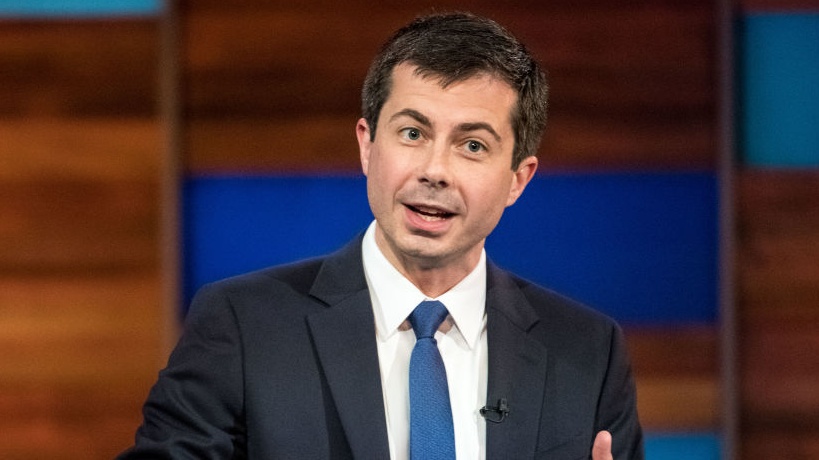Thursday, Democratic presidential candidate Pete Buttigieg released his plan for Black Americans, which he is calling his Douglass plan. Buttigieg has been referencing the plan throughout much of his campaign, including during the first Democratic debate June 27.
The South Bend mayor's plan includes ideas for reform in the areas of criminal justice, health care and economics.
“We have lived in the shadow of systemic racism for too long,” Buttigieg said in a prepared statement to the IndyStar. “We've seen a rise in white nationalism, an economic gap between Black and White workers that grows instead of shrinks, and worse health outcomes for Black Americans, particularly new mothers, that should make us all wonder how the richest country on earth can allow this to happen under our noses."
In his plan, Buttigieg calls for an investment in health care in marginalized communities, citing statistics that Black Americans face a higher rate of childbirth complications and infant mortality, diabetes, heart disease and cancer. He also cited a study from the National Center for Biotechnology Information that says that ending such disparities would have saved $230 billion in direct medical expenditures and another $1 trillion in health care costs associated with illness between the years of 2003-06.
Buttigieg also calls for an increase in funding for federal grants for states that commit to criminal justice reform, eliminating mandatory minimum sentences and federal incarceration for drug possession, as well as creating an independent clemency commission on top of the legalization of marijuana.
Buttigieg's plan brings attention to the need for these policies by pointing to the disparities in marijuana possession arrests, with Blacks more than four times as likely as Whites to be arrested despite using the drug at the same rate, according to the Southern Poverty Law Center.
"I'm interested in winning black support and deserving to win black support," Buttigieg said to CNN. "It's why we're making sure that through initiatives like the Douglass Plan, people understand exactly what I propose to do with the powers of the presidency and federal office, to deal with racial inequality."
Many of the policies proposed in the Douglass plan, named after Frederick Douglass, have been supported by a collection of other candidates, with Sen. Elizabeth Warren discussing her plan to close the maternal mortality gap, as well as the need to invest in historically Black colleges, and a number of candidates in the primary putting forward plans to support Black businesses and the legalization of marijuana.
